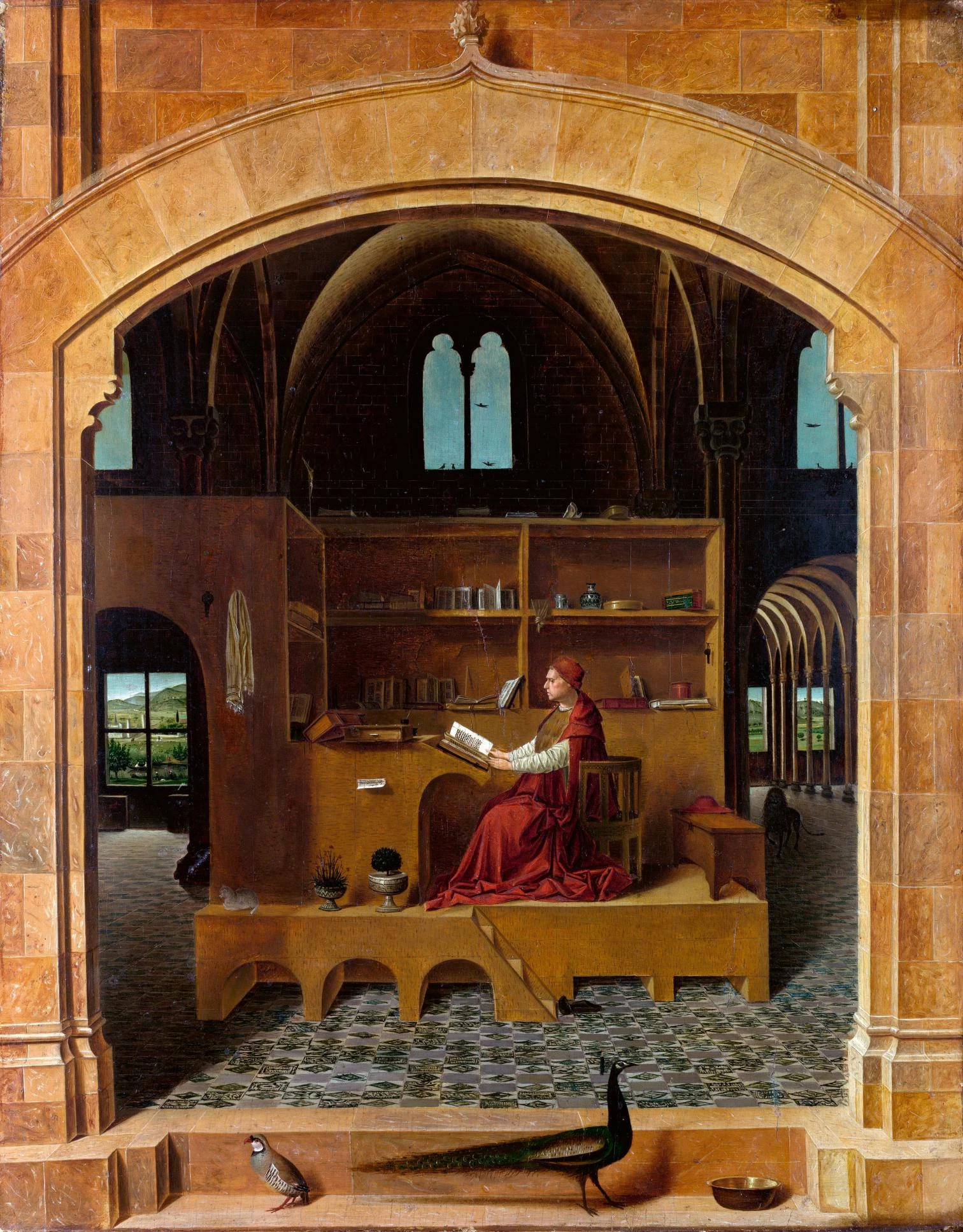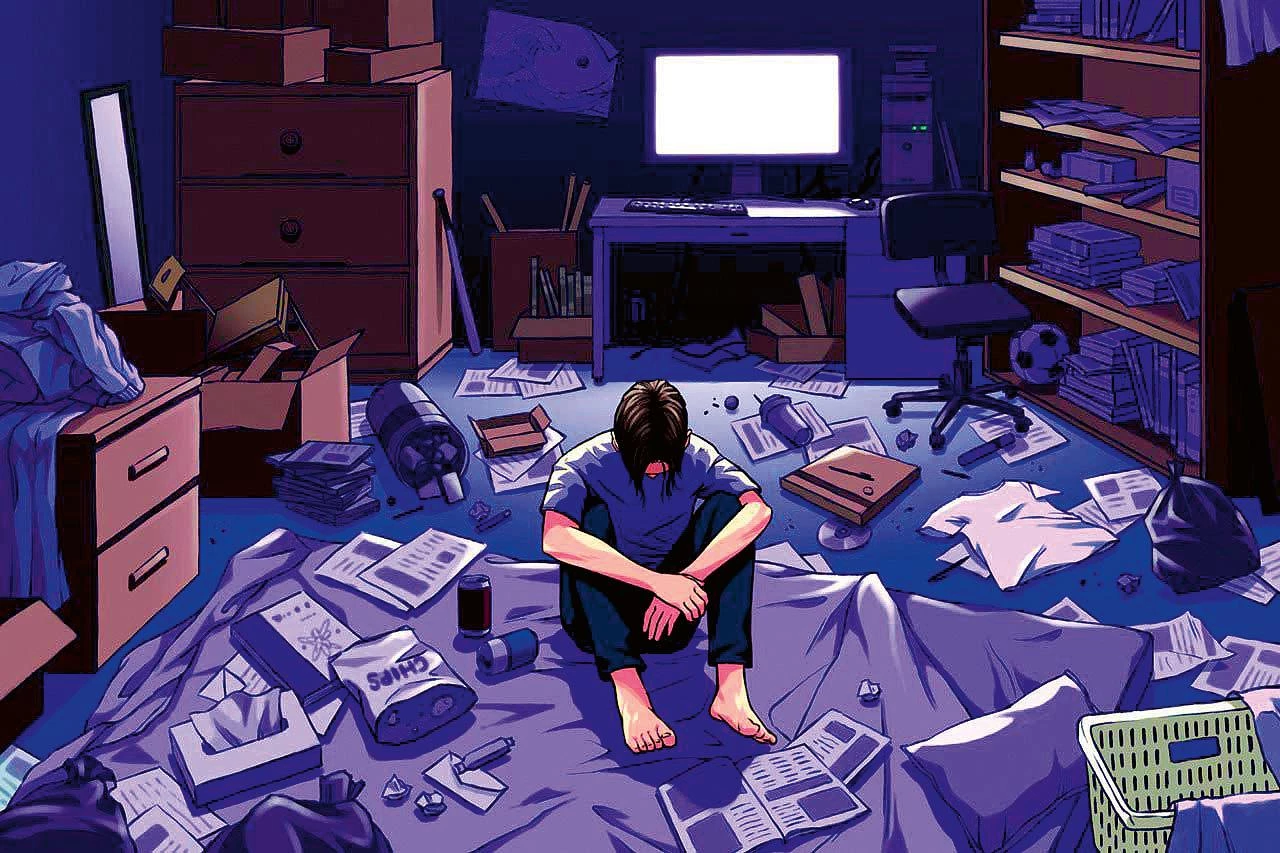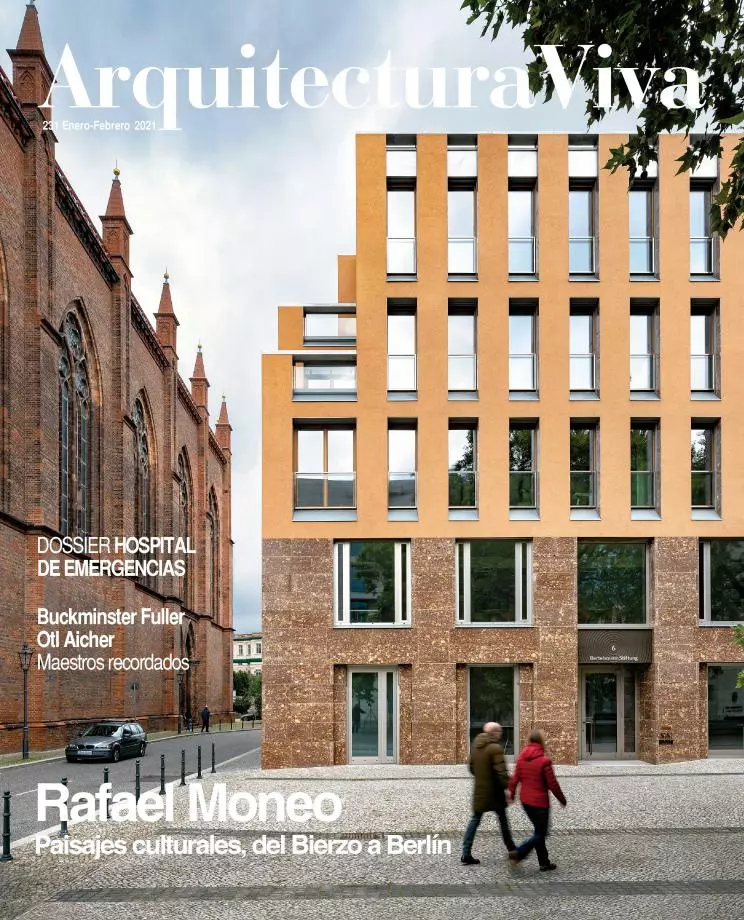
Antonello da Messina, San Jerónimo en su estudio, c. 1475
From virus to vaccine, 2020 has been a year on pause. From the detection of the first cases of Covid-19 in Wuhan to the announcement of the efficacy of vaccines, we have lived a period of virtual life, locked up in domesticity and our contact with others blurred by masks, distance, and screens. If we have ever wondered what life would be like in a metaverse – the shared virtual space of those who interact digitally –, we have never been closer as in this period of alternate reality. Media hyperconnectivity and the bulimic consumption of experiences had brought on the FOMO syndrome (fear of missing out), and the pandemic has replaced this anxiety with another one, FOGO (fear of going out), which extends lockdown with self-isolation. But we are social beings, and the absence of physical contact is untenable: we cannot imagine a world of hikikomoris – the young Japanese who never leave their rooms –, so this ominous year must indeed be a pause, and virtual life a reversible dystopia.
We will strive to cherish the renewed attention to privacy and the domestic sphere, to celebrate the prominence given to all the humble jobs that are essential for the survival of urban dwellers, and to discuss how remote work can offer a different future to the less populated areas of our territory. However, the key lesson we must extract from the first year of the pandemic is the raised awareness of the extreme fragility of our organism, the evident weakness of our social structure, and the severe shortcomings of our institutions, which have undergone a stress test in which they have not fared well. On the one hand, Covid-19 has stressed trends already acting on our environment, and accelerated processes of change that were well underway; on the other, it has exposed our biopolitical limits, stripping individual and collective reality from the layers of fiction that try to conceal it: the tide has gone out, and low waters have allowed us to see the jagged profile of the coast.
We should be glad that the hyperglobalization and hyperurbanization of the planet have been called into question, because massive commerce and the invasion of nature favor virus jumps between species; but trade and travel are key for economic growth, and the compact city is our main resource to adapt to climate change. We should be happy about the speedy development of vaccines, because biomedical science has shown what can be achieved when innovation and financial muscle team up; but we cannot forget that scientific knowledge is still absent from public policies and global governance. And we must welcome the power shift in the US, because the latest presidency leaves behind a devastated social and geopolitical landscape; but we should remember that polarization is spreading, in America and in the rest of the world, that populism still enjoys good health, and that the current waves of protest express both disaffection with the elites and discontent with life, real or virtual.






